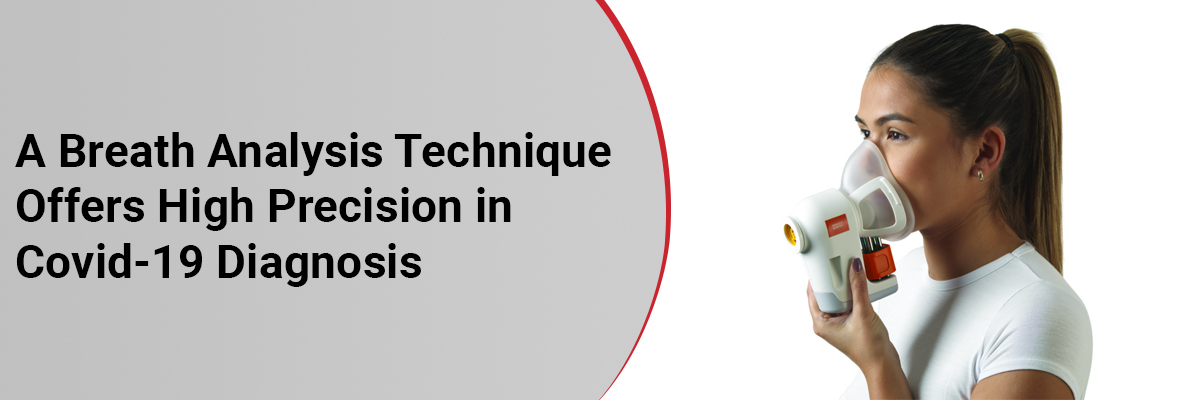
 IJCP Editorial Team
IJCP Editorial Team
A Breath Analysis Technique Offers High Precision in Covid-19 Diagnosis
The findings of a new study depict that breath analysis can confer greater accuracy in diagnosing coronavirus disease 2019 (COVID-19).
This study was conducted in the United States (US); the participants were patients from Michigan Medicine ICUs and the emergency department. Investigators from the University of Michigan’s Max Harry Weil Institute for Critical Care Research and Innovation utilized portable gas chromatography (GC) to analyze breath samples of COVID-19 quarantined patients during the Delta surge. Samples of subjects from the Omicron wave were also included.
Overall, 205 breath samples from 167 patients were assessed. This investigative method rendered high accuracy. Interestingly, patients with Omicron infection had distinct volatile organic compounds in their breath samples than those in patients infected with the previous severe acute respiratory syndrome coronavirus 2 (SARS-COV-2) variants, such as Delta.
Owing to the newer emerging COVID-19 variants, the rapid testing methods have faltered in precision. Future studies will elucidate how the rampant viral mutations impact GC technology.
This technique showed a sensitivity of 92.7% in detecting COVID-19 cases, with a specificity of 95.5% and an accuracy of 94.7%. However, for the Omicron-suspected cases, the sensitivity was only 60.4%.
The reduced sensitivity of the GC technology reflects the variable pathophysiology of different SARS-CoV-2 variants of concern (VOCs) in the lung. Therefore, this technology is likely to breath distinguish between the VOCs.
On combined analysis, the tests project a sensitivity of 89.4% in detecting COVID-19 positivity and offer a specificity of 91% and an accuracy of 90.2%, regardless of infectious variant.

IJCP Editorial Team
Comprising seasoned professionals and experts from the medical field, the IJCP editorial team is dedicated to delivering timely and accurate content and thriving to provide attention-grabbing information for the readers. What sets them apart are their diverse expertise, spanning academia, research, and clinical practice, and their dedication to upholding the highest standards of quality and integrity. With a wealth of experience and a commitment to excellence, the IJCP editorial team strives to provide valuable perspectives, the latest trends, and in-depth analyses across various medical domains, all in a way that keeps you interested and engaged.





















Please login to comment on this article